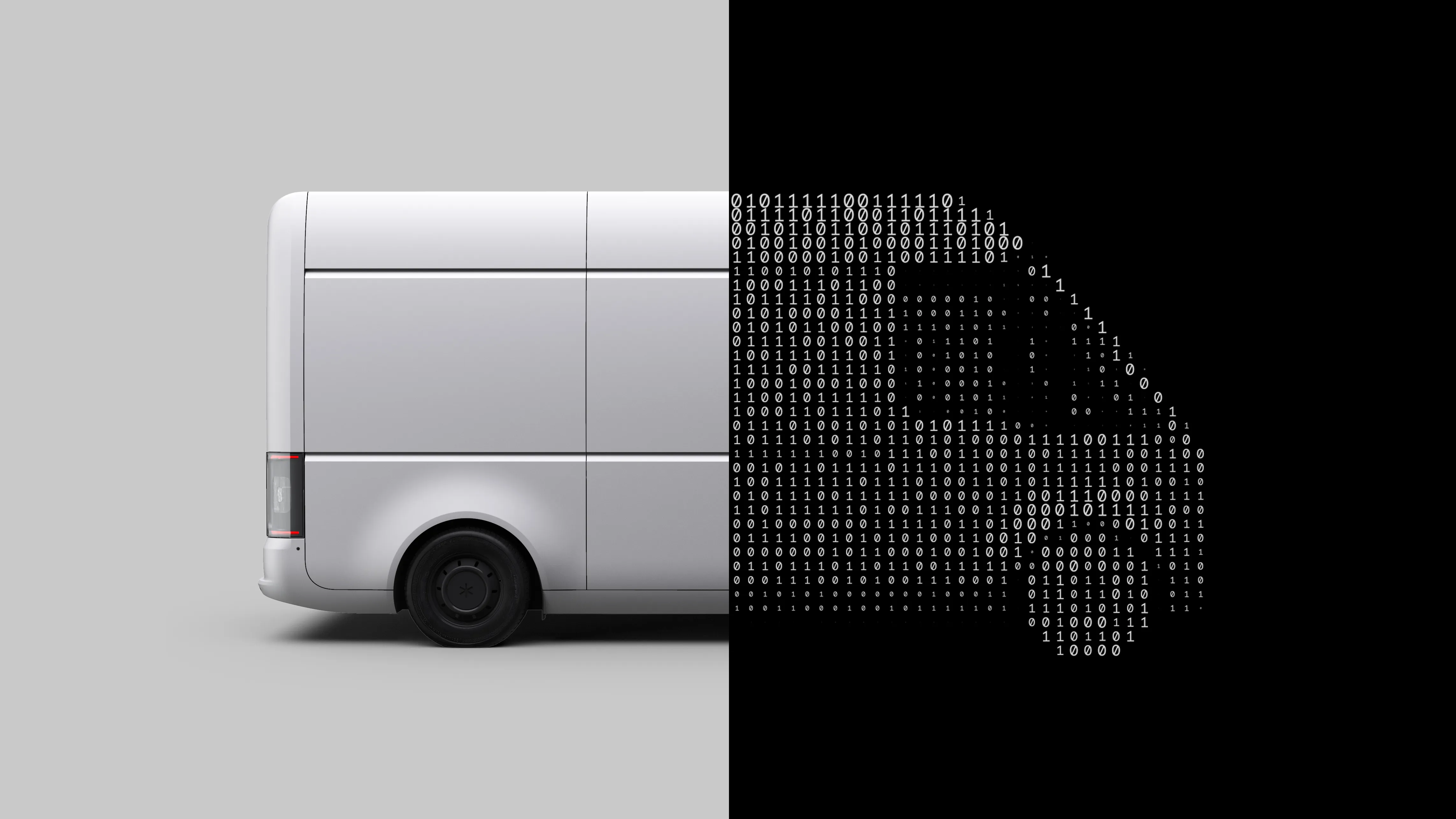Southeast Asian on-demand transportation and mobile payments platform Grab has launched a new data-focused pilot programme with
The project aims to use data analysis to enable Grab to offer its driver partners across the region improved access to connected car services that will improve their experience on the Grab platform.
As part of the initiative, Grab will share data on driving patterns from 100 Toyota cars in Grab’s fleet, captured by Toyota’s data-transmission driving recorder, TransLog. Toyota’s team will then analyse the data set and, based on this analysis, offer recommendations on how other connected car services on the Toyota Mobility Service Platform (MSPF), such as user-based insurance, financing program, and predictive maintenance, could enhance the Grab experience for drivers on the Grab platform.
Grab and Toyota launch data collaboration initiative for connected car services
Southeast Asian on-demand transportation and mobile payments platform Grab has launched a new data-focused pilot programme with Toyota Motor Corporation, Toyota Financial Services Corporation and Aioi Nissay Dowa Insurance.The project aims to use data analysis to enable Grab to offer its driver partners across the region improved access to connected car services that will improve their experience on the Grab platform.
September 1, 2017
Read time: 1 min









